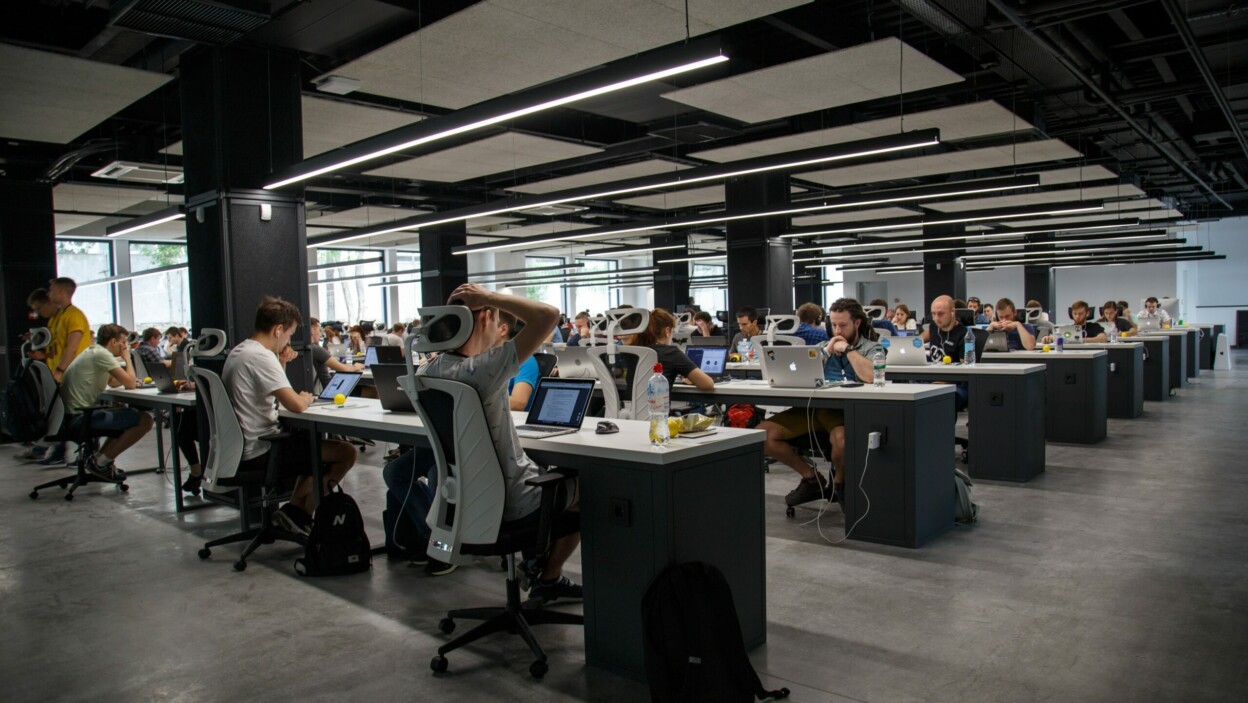Our mental health is one of the last things we consider when applying for jobs or choosing a career path. It is, however, one of the most significant considerations we should make since most of our waking hours are spent at work. If we measure the average time across a person’s lifespan, it can equate to approximately 90 000 hours spent working.
According to the WHO, it is estimated that 12 billion working days are lost every year due to depression and anxiety. This is at a cost of US$1 trillion every year in lost productivity.
Despite the pandemic shifting the scales between the traditional 9 – 5 and opening the doorway to remote working, many people are still feeling the devastating effect on their mental health.
A recent European survey found that those reporting ‘bad’ or ‘very bad’ mental health have doubled from 6.4% in March 2020 to 12.7% two years later. This is after the pandemic and after restrictions have been lifted.
Employees worldwide are leaving their jobs because of mental health problems. In the UK, 30–40% of sickness absences are caused by mental illnesses, and in the Netherlands, 58% of work-related disabilities are caused by mental health problems.

All workers have the right to a safe and healthy environment at work.
When joining any organisation or pursuing any career, we aim to be empowered with:
- The ability to earn a living
- A sense of purpose, confidence, and accomplishment
- A chance to build positive relationships and become a part of a community
- Providing a platform for structured routines, among other benefits
What can affect your mental wellbeing at work?
There are several factors that can affect a worker’s mental health, including job content, schedule, or workplace characteristics, as well as opportunities for career development.
Some of the main risks can include:
- A lack of skills or a lack of work-related skills
- Understaffing or excessive workloads
- Working long, unsociable, or inflexible hours
- Having no control over job design or workload
- Working conditions that are unsafe or poor
- A culture that facilitates negative behaviour in the organisation
- Colleagues who are not supportive, or supervisors who are authoritarian
- Intimidation, harassment, or violence
- The discrimination and exclusion of others
- Uncertainty of job duties
- Promotion that is under or overdone
- Job insecurity, inadequate pay, or inadequate investment in career development
- Conflict between work and home obligations

Staying mentally healthy while working from the office
It is important for employees to encourage their employers to offer stress management education and mental health programs that meet their needs. Likewise, employees should be aware of policies regarding taking a mental health day off when needed.
When looking after your mental health at work you can focus on:
- Talking about your feelings
- Keeping active
- Eating healthy
- Keeping in touch with your colleagues
- Asking for help when you need it
- Taking regular breaks
Staying mentally healthy while working from home
Many people who start working remotely may face burnout, general anxiety, social anxiety or depression from isolation.

Some people may begin to feel an increase in pressure and expectations when compared to working in the office as a large portion of their daily routine is no longer required such as actively commuting to work, taking lunch breaks in the break rooms and working around others, leading to feeling like more work needs to be achieved during this time.
Finding healthier habits and ways to improve your daily routine at home needs to be a high priority as you begin to build a strong foundation towards successfully working remotely.
Here are some practical tips you can adopt when working from home:
- Establish a routine and stick to it
- Invest in an upgraded home office
- Separate your working space from your rest areas in your home
- Practice mindfulness each day
- Get up and get moving
- Wearing ‘work clothing’ during working hours to help you mentally separate working time from home time
- Get out of your house and enjoy nature’s wonders
- Be around other humans when you work if possible. This can help towards increasing your productivity as you naturally see others being productive.
- Spend time with the people you love in the evenings and over the weekends
- After the end of the day, pack up or close the door of the room you were working in
- Connect with your team members with a check-in call in the morning
- Plan your tasks effectively
- Turn off work notifications on your cell phone or set an out of office message to make it clear that you have finished for the day
- Starting your day early and ending the day early can give you more time to be available for family, social and sport commitments
- Speak to a mentor to help keep you focused, and goal orientated
- Talking openly and discussing your needs with other household members and agreeing on how to effectively work together or around each other
Consistency is key
Building strong and healthy habits can take time so remember that when starting any self-empowering goal towards taking care of your mental wellbeing and overall health, don’t beat yourself up about it if you don’t see the results as soon as you would like. It takes time, practice and patience to build these long-lasting foundations.
If you notice that your mental wellbeing is at risk or you’re experiencing any mental health concerns such as depression, anxiety or burnout, reach out to a professional. It’s okay to seek help and support when you need it.
Conrati is an online marketplace to expert advice including mental health professionals.









Why your child should have a tutor
Psychology and its facets
Conrati nominated as a Top Environmental Consulting Company by Futurology
What happens during each stage of grief?
How to boost 8 different forms of health
Conrati nominated as a Top Environmental Consulting Company by Futurology
How social media affects mental health
Understanding Bipolar Disorder